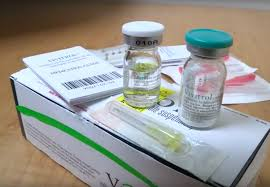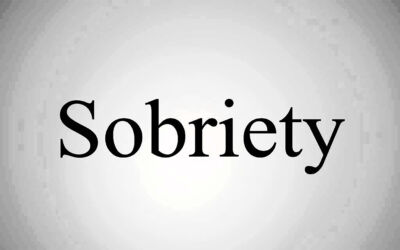Vivitrol and Suboxone are used in medication-assisted treatment (MAT) programs to help individuals quit use of severely addictive substances. These include opioids (heroin and prescription narcotics) and alcohol.
The benefits of Vivitrol depend largely on the person taking it. Vivitrol is more beneficial to those who have undergone treatment for chemical dependence and are ready for long-term recovery.
Benefits of recovery with Vivitrol include:
- Prevention of getting high when using substances of abuse.
- Blocking of euphoric effects of drugs.
- Research shows that Vivitrol can decrease a person’s brain response to “drug-conditioned” cues. This response is often responsible for development of addiction.
- Used for treating alcohol dependence, Vivitrol can help individuals reduce drinking enough to stay sober and remain in treatment.
The benefits of Suboxone include its usefulness in medication-assisted treatment programs during detoxification, during treatment, and afterwards in recovery.
Benefits of recovery with Suboxone include:
- reducing the potential for abuse
- decreasing effects of physical dependence, such as cravings and withdrawal symptoms
- increasing safety in case of overdose
What are Vivitrol and Suboxone?
Vivitrol is an injectable, extended-release form of the medication, naltrexone. Unlike other medications used in MAT programs, like Suboxone, Vivitrol does not bind to opioid receptors in the brain, producing similar yet lesser effects.
Instead, Vivitrol works by blocking the euphoric effects of substances like alcohol and opioids. This way, individuals do not feel the “high” and will not experience the addictive effects of drugs.
By contrast, Suboxone is the film form of the medication, buprenorphine. Buprenorphine is one of the most recently developed medications to treat opioid use disorders. Typically combined with a holistic approach, including counseling and behavioral therapy, medication-assisted treatment with Suboxone constitutes a comprehensive treatment for substance use disorders.
How to Choose a Treatment Program: Vivitrol vs. Suboxone
When choosing a medication-assisted treatment program with either Vivitrol or Suboxone, it’s important to take into account a number of patient-related factors. These include:
- substance of abuse: alcohol or opioids, illicit or prescription medication
- severity of abuse: did the individual abuse only occasionally or multiple times per day?
- duration of abuse: is the chemical dependence a new development, or a long-lasting disorder?
- place in recovery: has the individual completed an intensive program, like residential treatment, or are they new to recovery?
Vivitrol may work best for those who have already completed treatment. It is suggested for individuals who have been sober at least 10 days prior to start of treatment.
Since Vivitrol blocks the effects of alcohol or opioids, a person taking it may not feel the effects and may try to keep taking more to bypass this characteristic. In turn, this increases risk of overdose.
Vivitrol also lowers a person’s tolerance, increasing sensitivity to addictive drugs like opioids, and can lead to overdose should a person relapse and abuse substances while on the medication.
Individuals who have been through treatment, who are ready to remain true to recovery goals, and who have a strong support system in place may benefit most from treatment with Vivitrol.
Suboxone may work best for individuals with severe opioid use disorders, both those newly in treatment or who need to detox, and those in long-term recovery. Suboxone produces effects similar to that of other opioids on a lesser scale, without the addictive, euphoric high feeling.
Find a Recovery Program Today
If you or someone you know could benefit from treatment with Vivitrol or Suboxone, explore rehab center options today. Talk to an addiction expert who can lead you to rehab centers that offer medication-assisted treatment, answer your questions, and find a rehab program that meets your needs.




